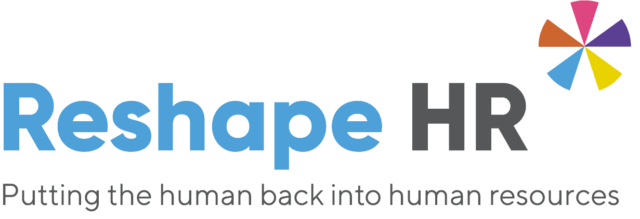Background
World Refugee Day is celebrated globally on the 20th of June on an annual basis.
The United Nations High Commissioner for Refugees (UNHCR) established World Refugee Day in 2001, commemorating the 50th anniversary of the 1951 Convention Relating to the Status of Refugees. This day has been used as a platform for celebrating the strength and courage of the people who have been forced to flee their home country to escape conflict or persecution.
The hashtag which is being used this year is #WorldRefugeeDay.
Theme
For 2022, the theme is “Whoever. Wherever. Whenever”. This focuses on an individual’s “right to seek safety”.
The UNHCR further explains the theme on their website by stating: “Whoever they are, people forced to flee should be treated with dignity. Anyone can seek protection, regardless of who they are or what they believe. It is non-negotiable: seeking safety is a human right.
Wherever they come from, people forced to flee should be welcomed. Refugees come from all over the globe. To get out of harm’s way, they might take a plane, a boat, or travel on foot. What remains universal is the right to seek safety.
Whenever people are forced to flee, they have a right to be protected. Whatever the threat – war, violence, persecution – everyone deserves protection. Everyone has a right to be safe.”
What is a Refugee?
According to the UNHCR: “Refugees are people who have fled war, violence, conflict or persecution and have crossed an international border to find safety in another country.
They often have had to flee with little more than the clothes on their back, leaving behind homes, possessions, jobs and loved ones.”
How do I join in World Refugee Day?
You can join in World Refugee Day by:
- Sharing on social media – By sharing this article and other articles and information which details why World Refugee Day is so important.
- Join an event – The UNHCR will post both face-to-face and online events on their website for World Refugee Day, if you would like to join one of these events or you would like to search for an event close to you, then please go to http://www.unhcr.org/uk/world-refugee-day.
- Volunteer to help – You can help your local refugee organisations by volunteering in a capacity where both your personal and professional skills can be utilised to aid a refugee and their transition within a new environment, city or a country.
If I can’t join in World Refugee Day, is there any other way to help?
If you would like to donate to a charity focused on helping refugee’s, we have listed some charities below:
- British Red Cross – The British Red Cross is part of the international Red Cross and Red Crescent movement, meaning the organisation supports people around the world who are forced to flee their homes with nowhere else to go. If you would like to donate to the British Red Cross, then please go to https://donate.redcross.org.uk
- International Rescue Committee (IRC) – “The International Rescue Committee helps people whose lives and livelihoods are shattered by conflict and disaster too survive, recover and regain control of their future.” If you would like to donate to the International Rescue Committee, then please go to https://help.rescue-uk.org/.
- Refugee Action – “At Refugee Action, we help people who’ve survived some of the world’s worst regimes. We get them the basic support they need to live again with dignity. Then we help them build safe, happy and productive lives in the UK.” If you would like to donate to Refugee Action, then please go to https://donate.refugee-action.org.uk/page/100035/donate.










